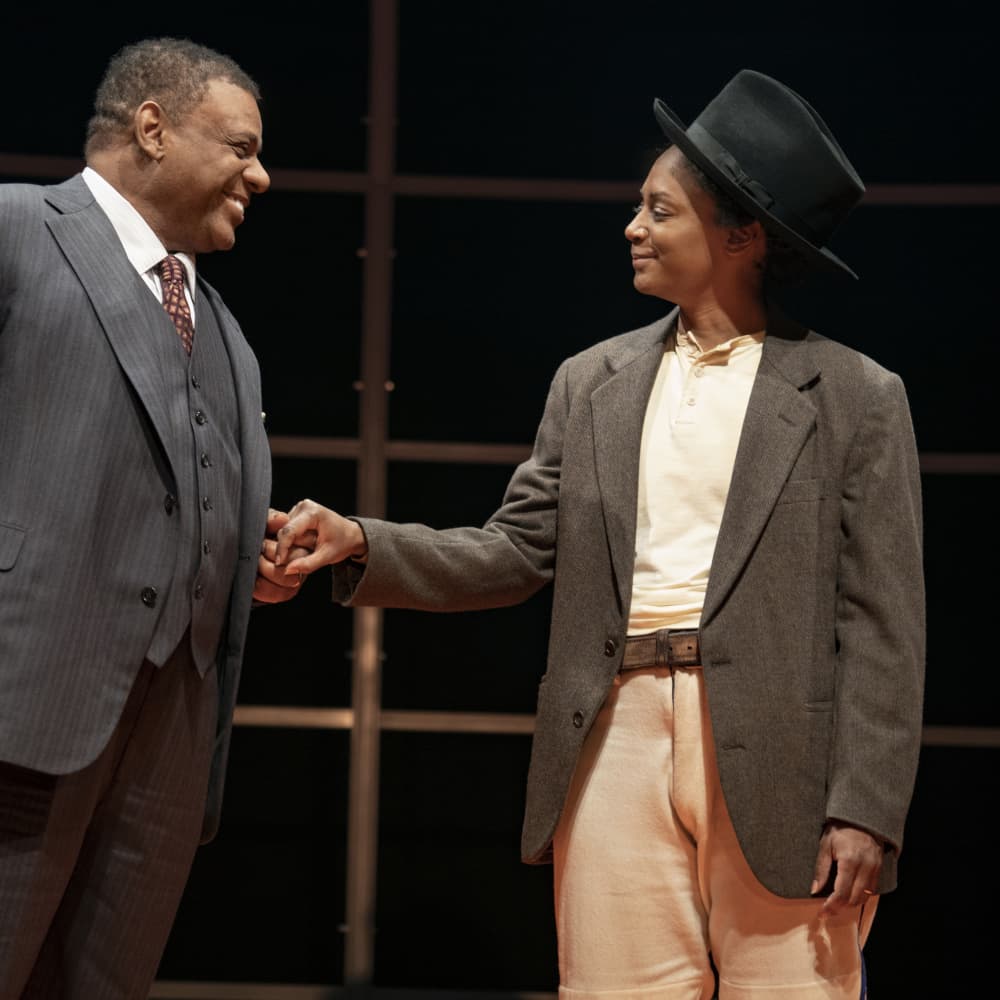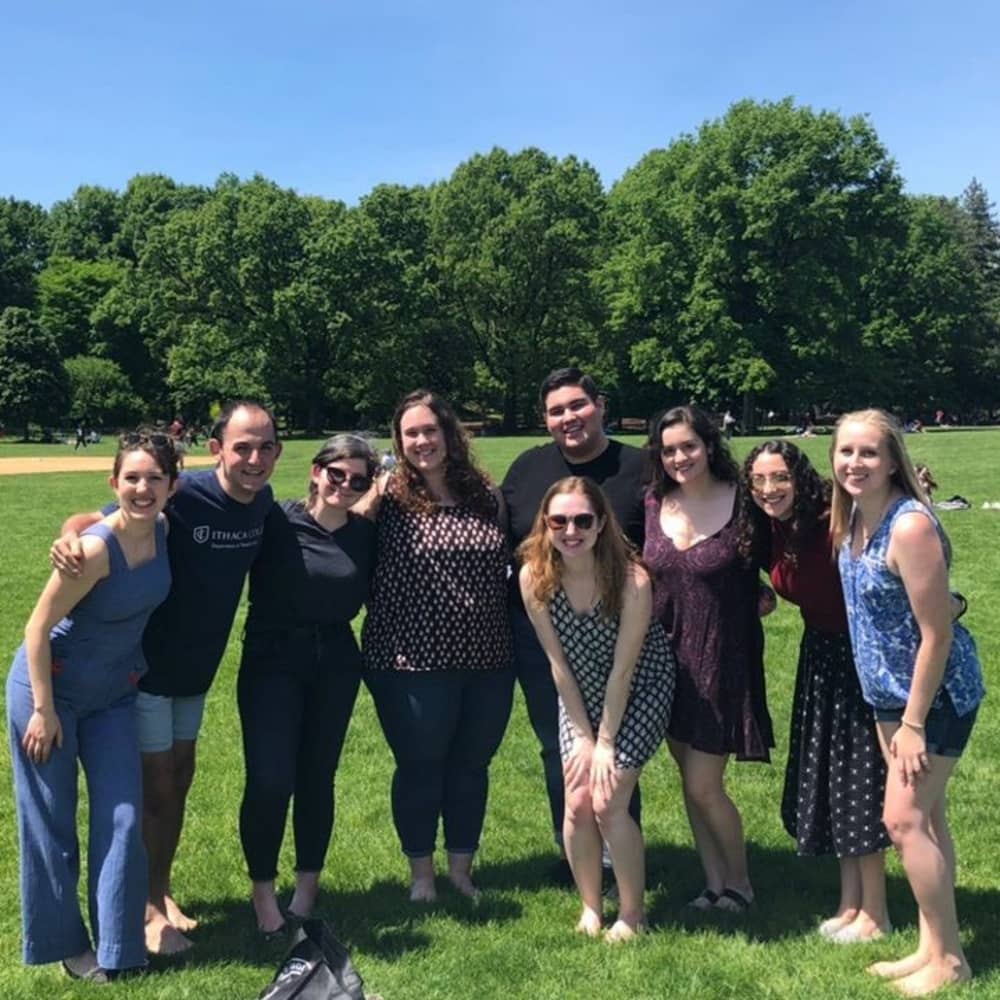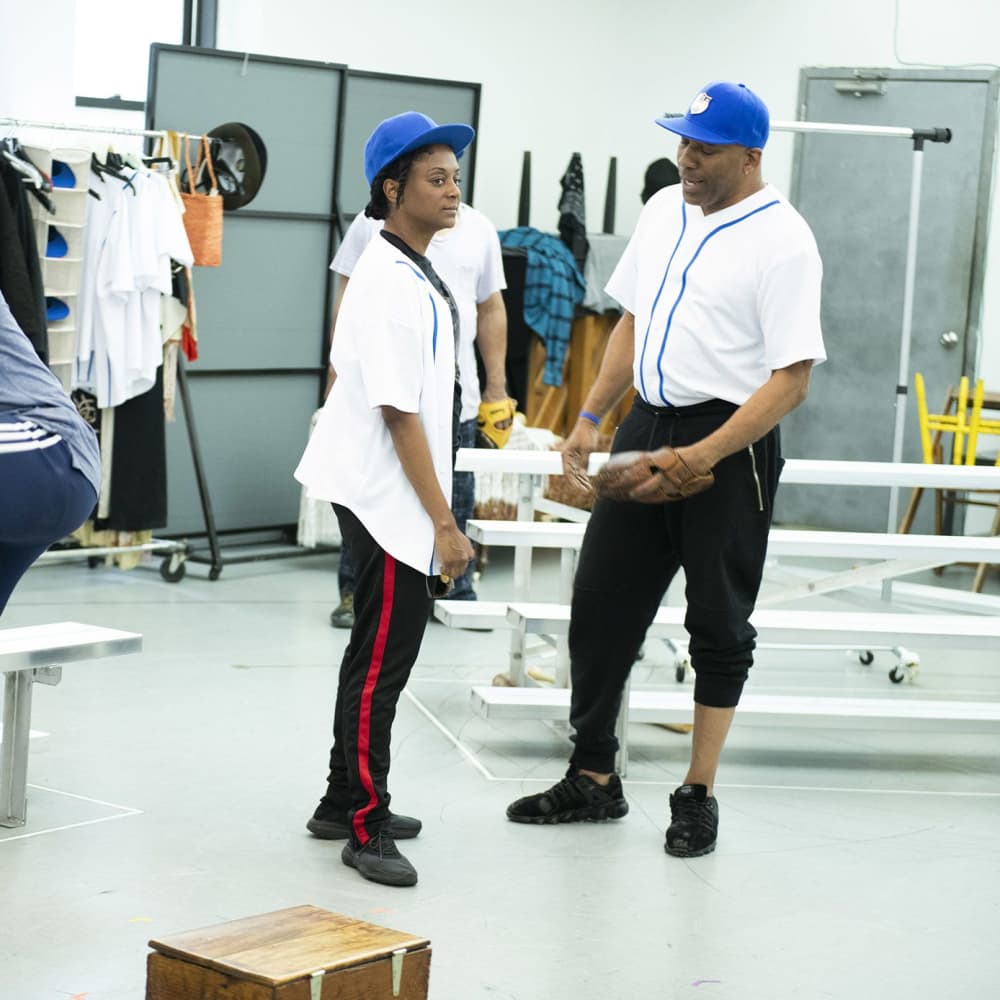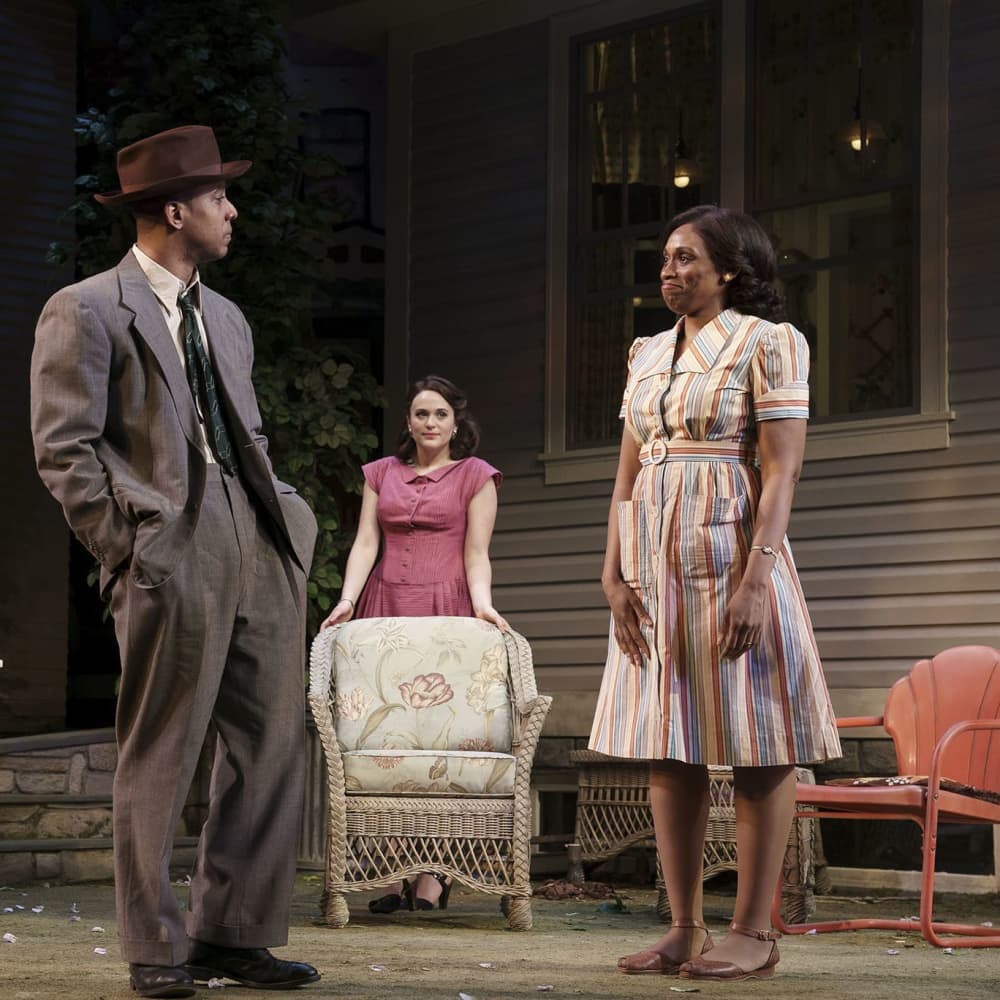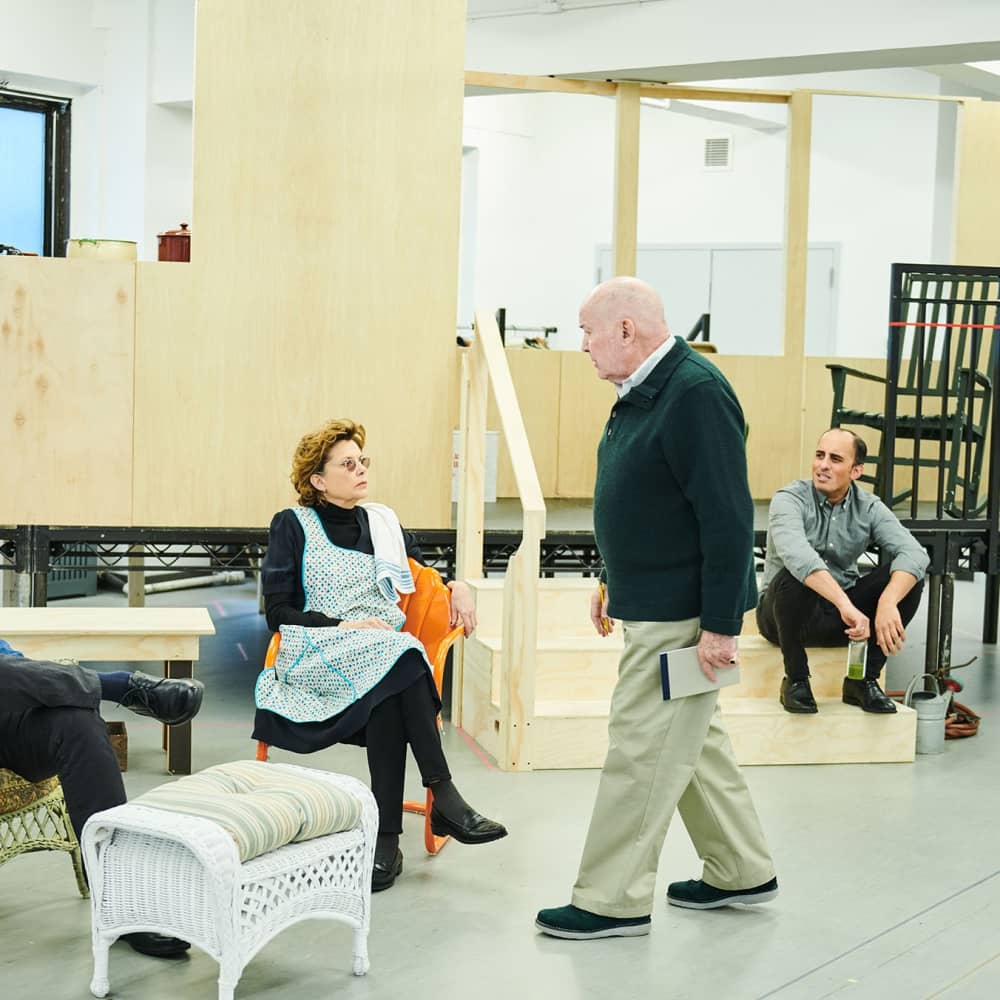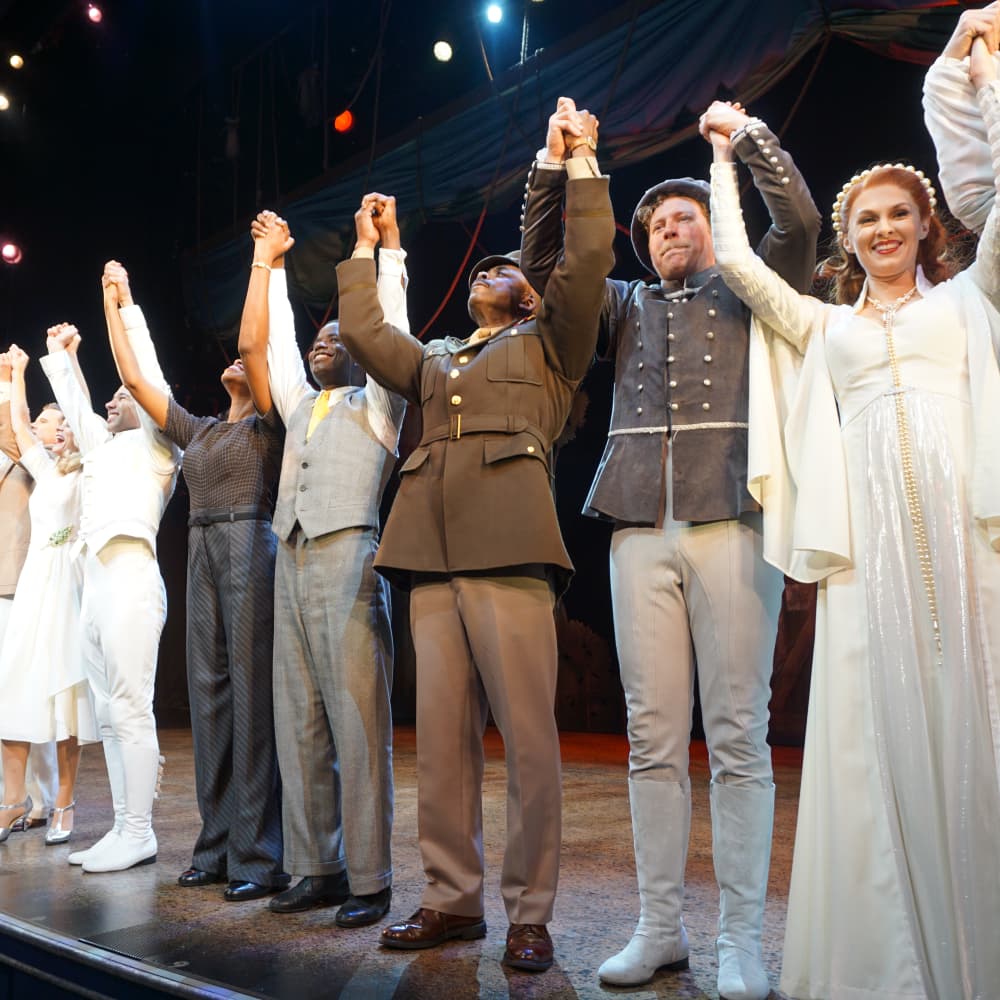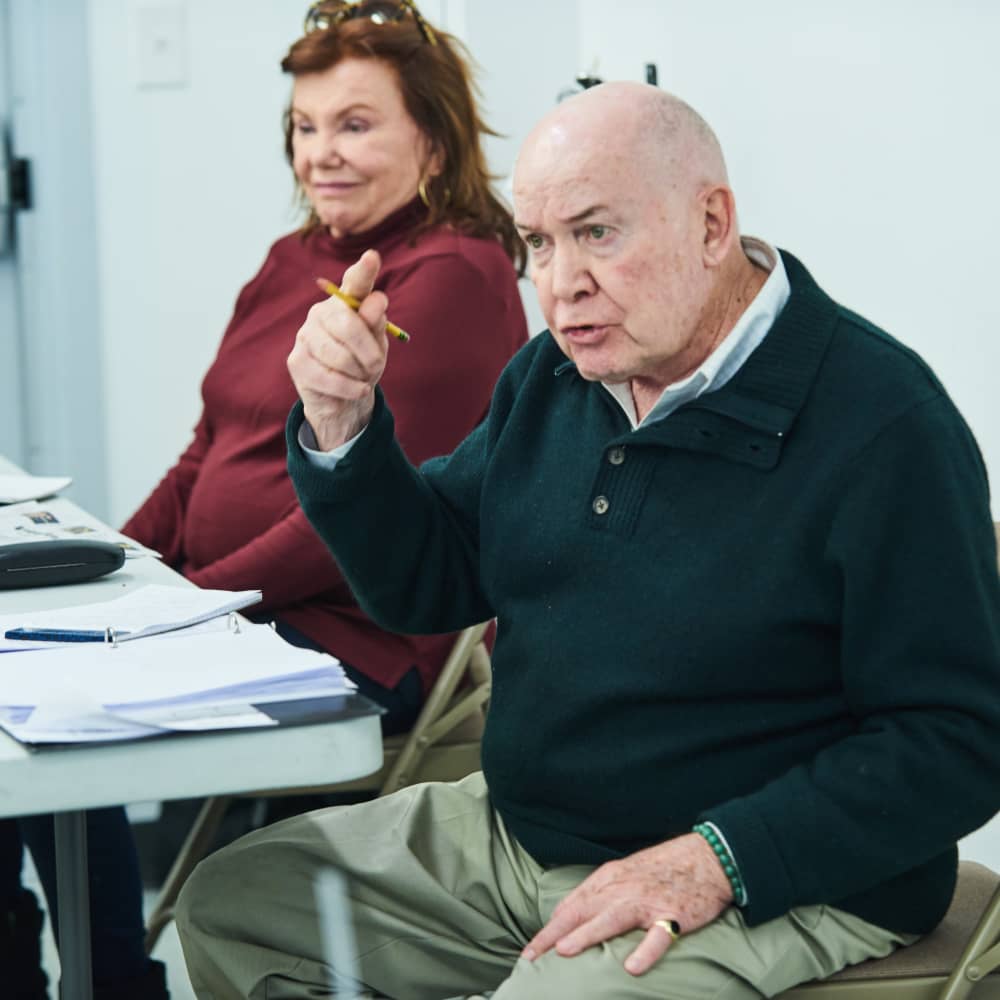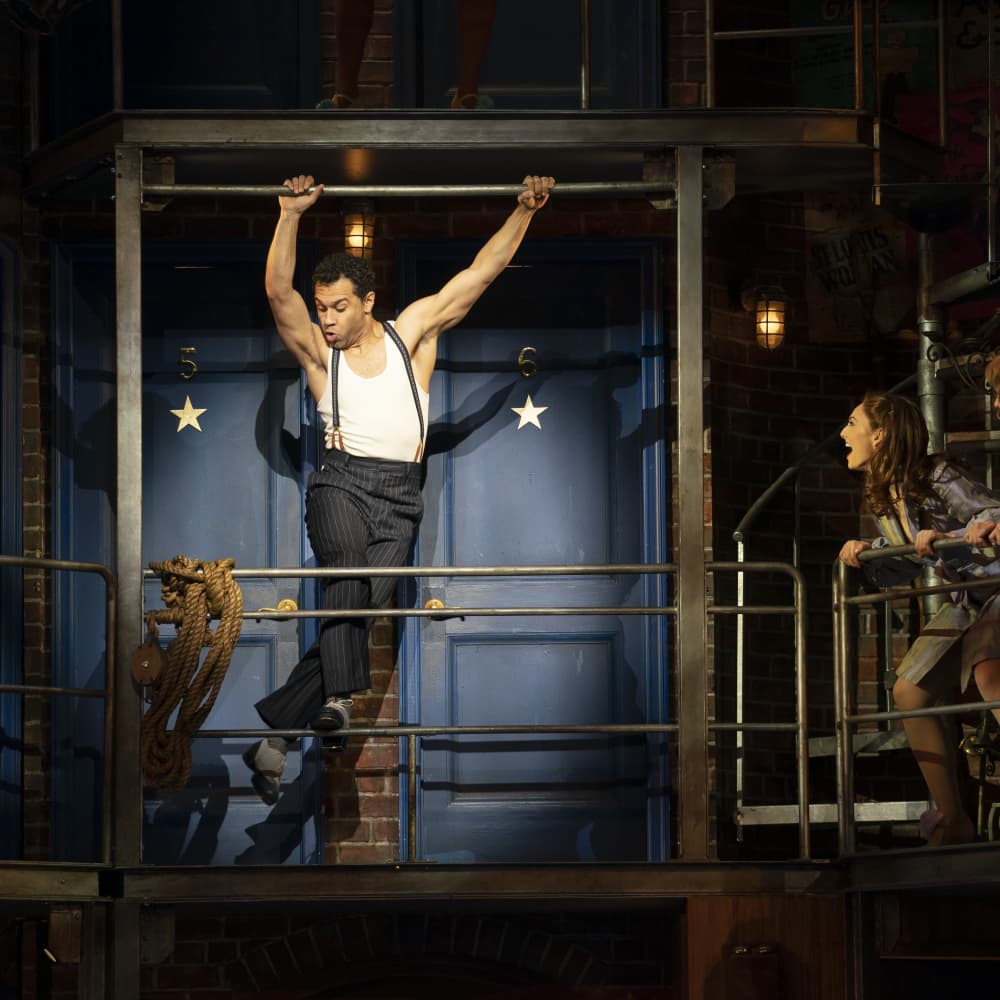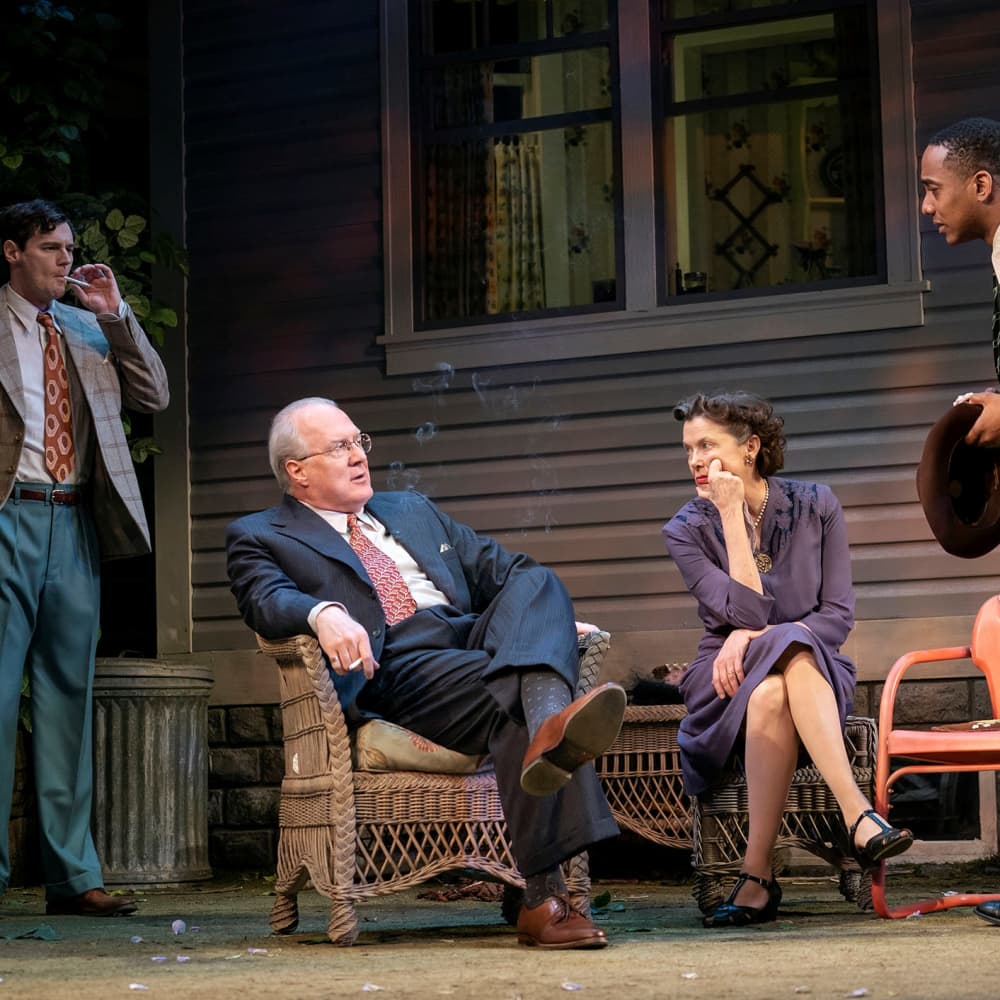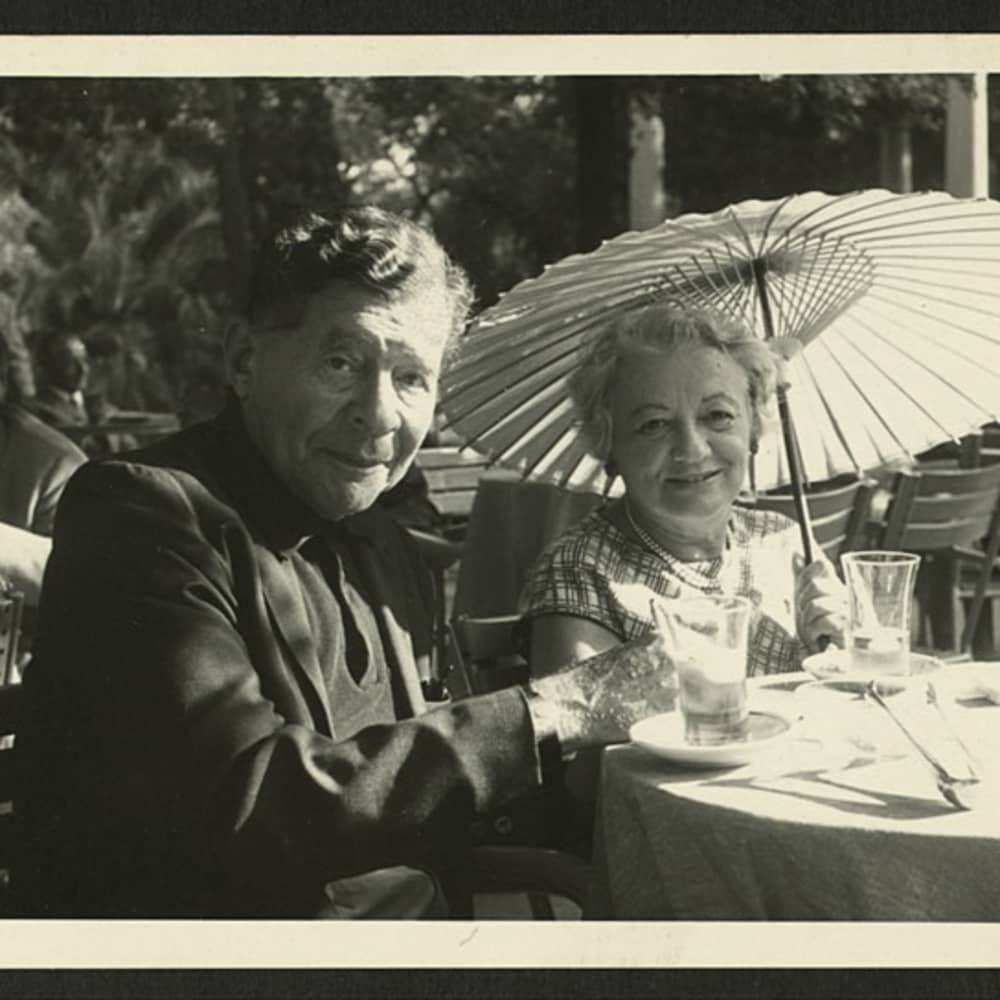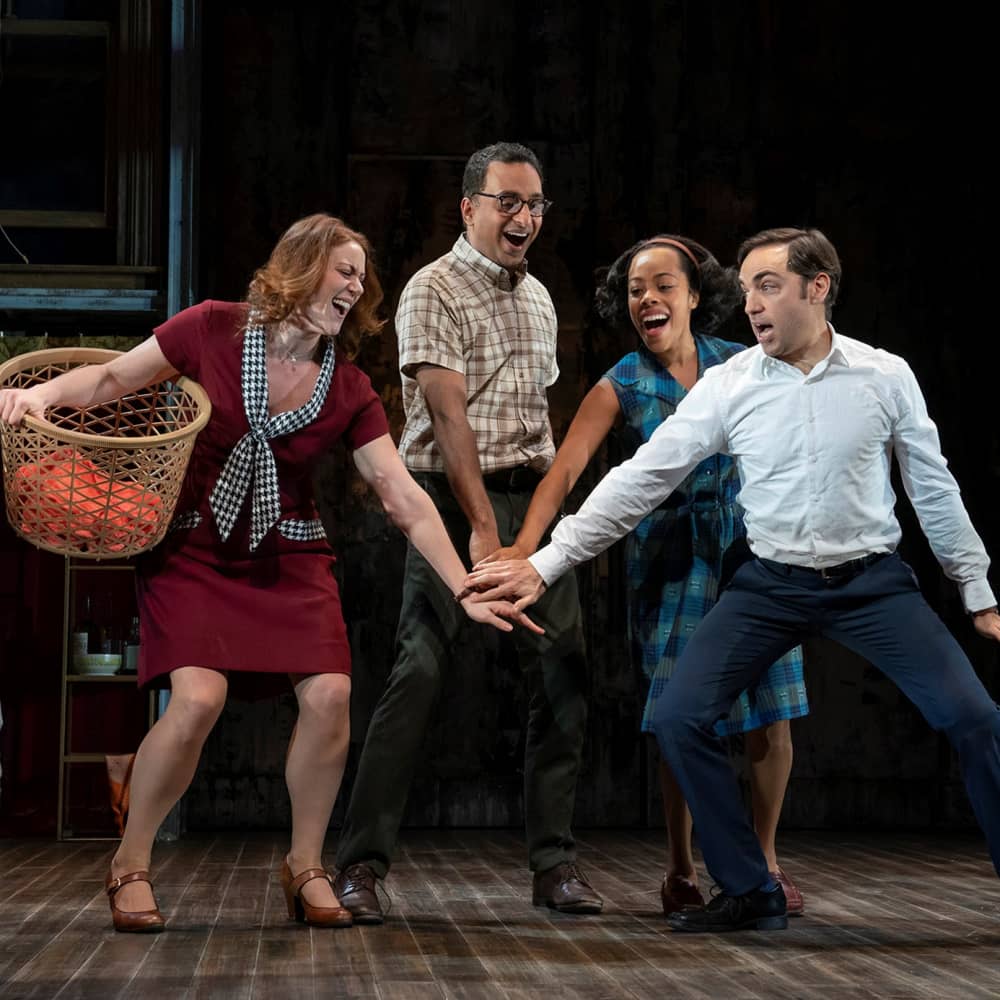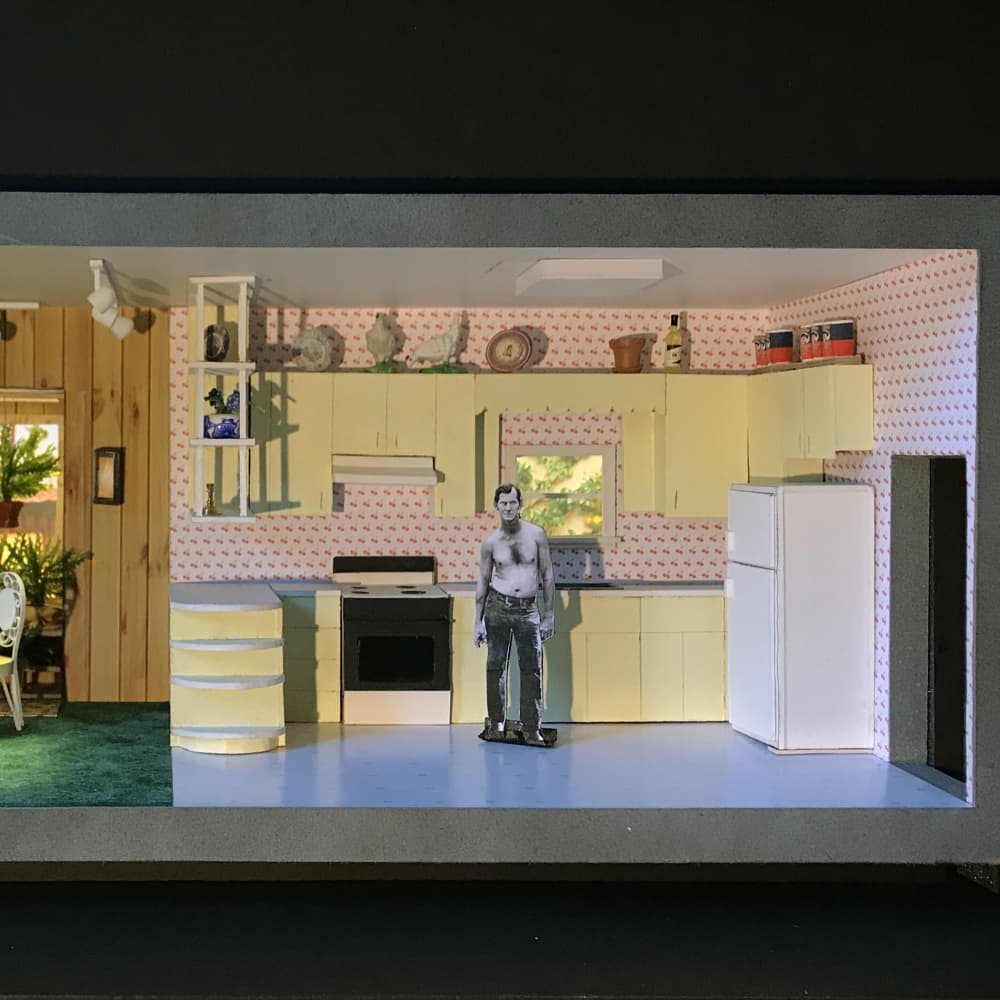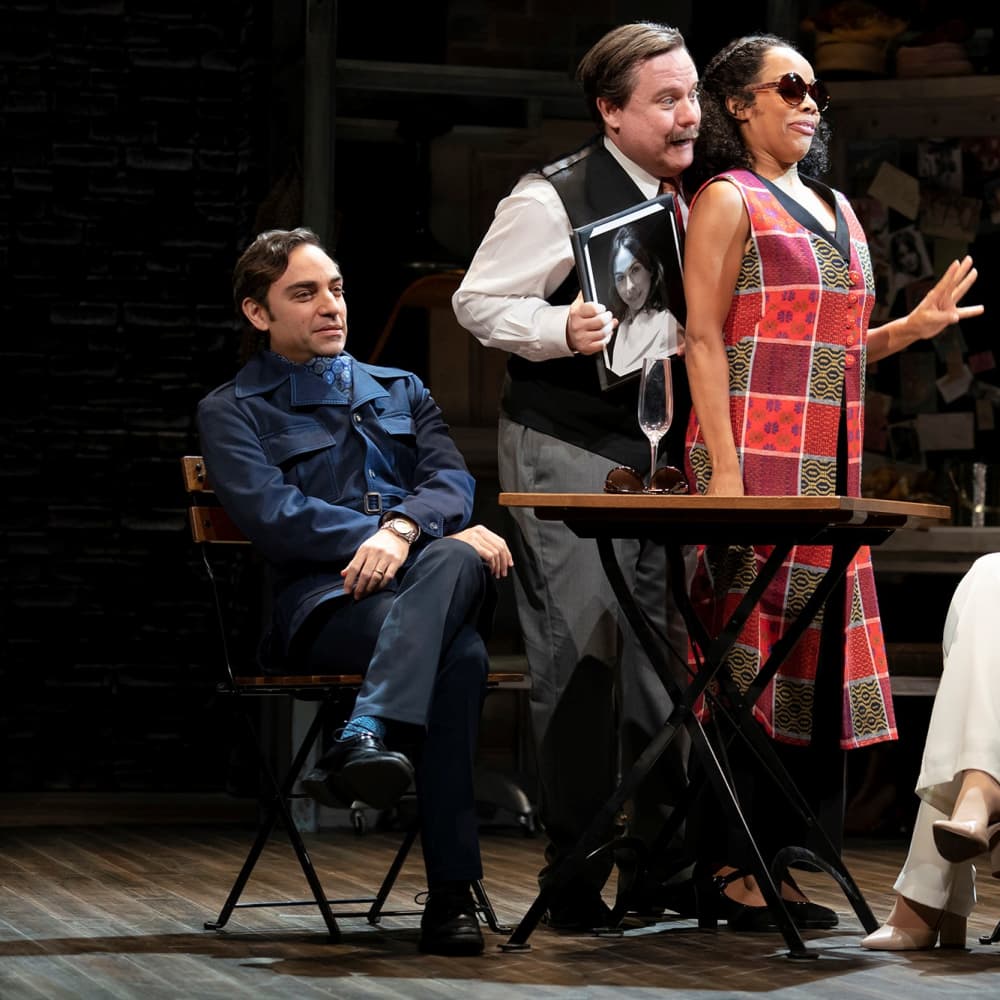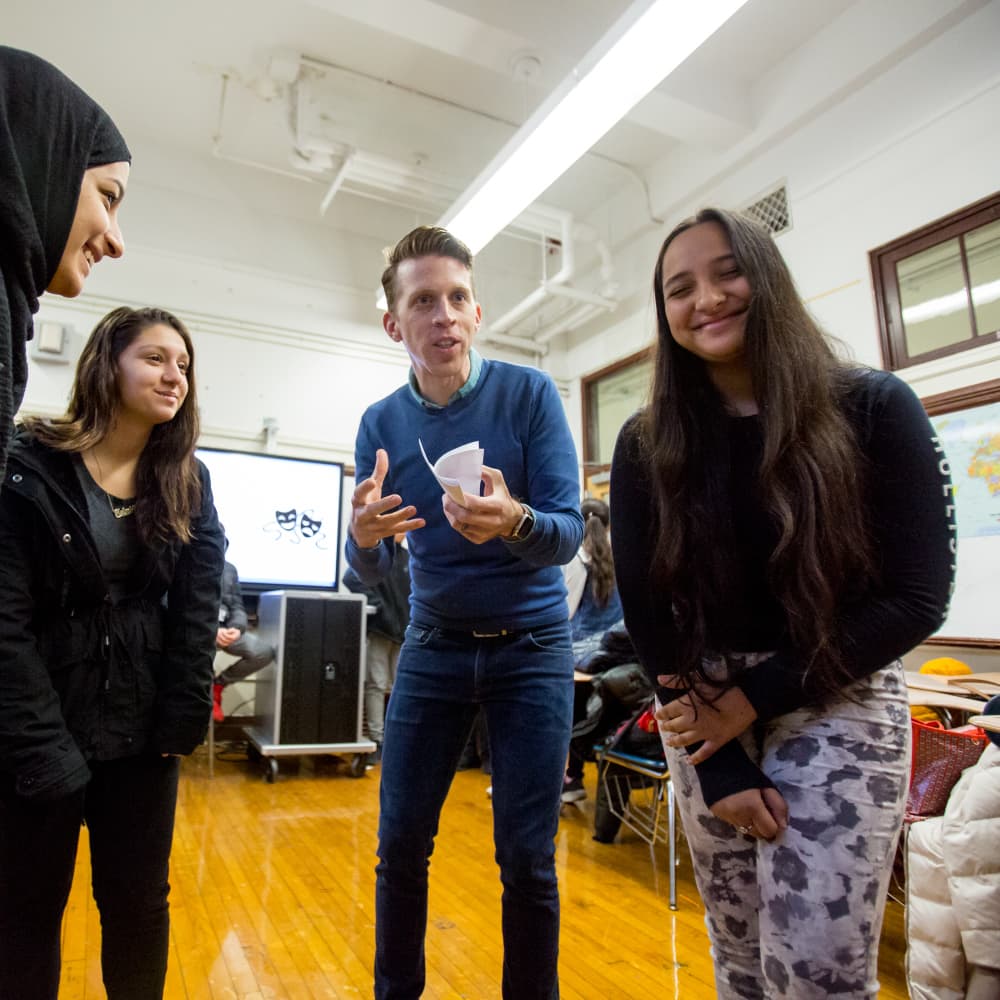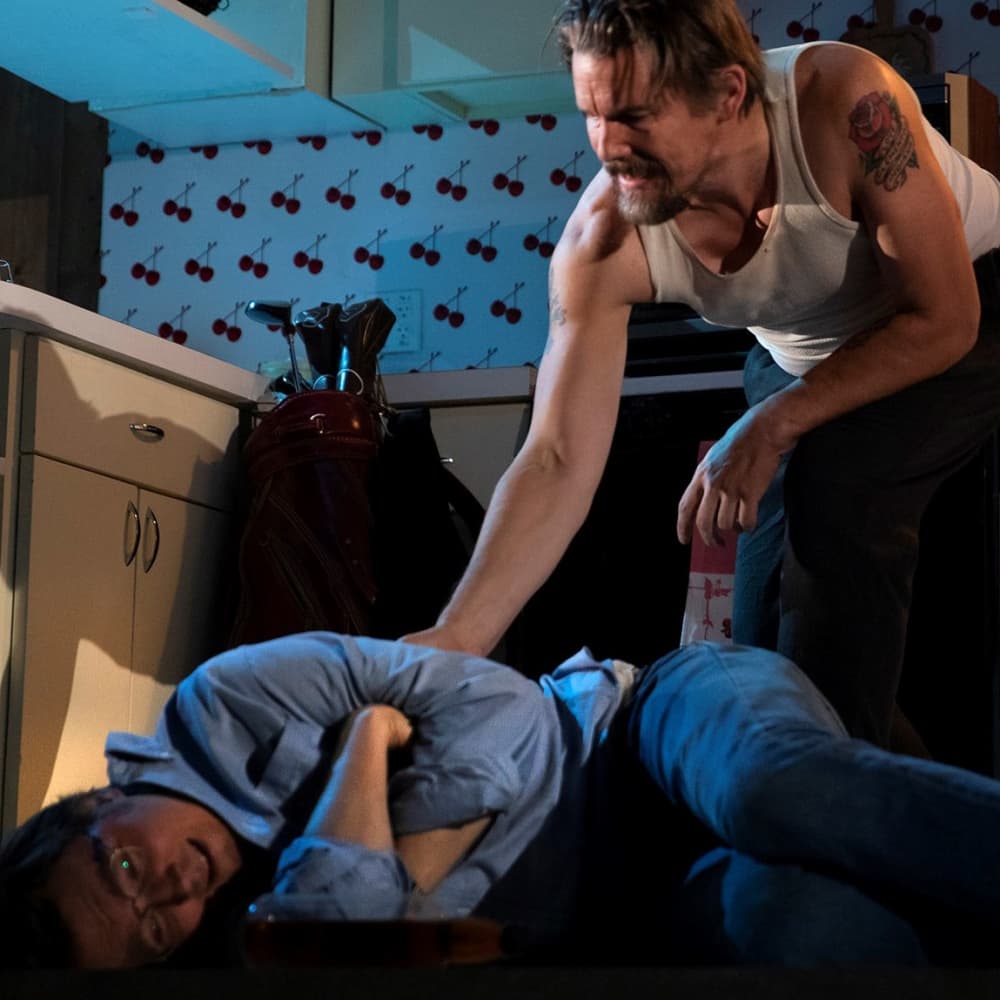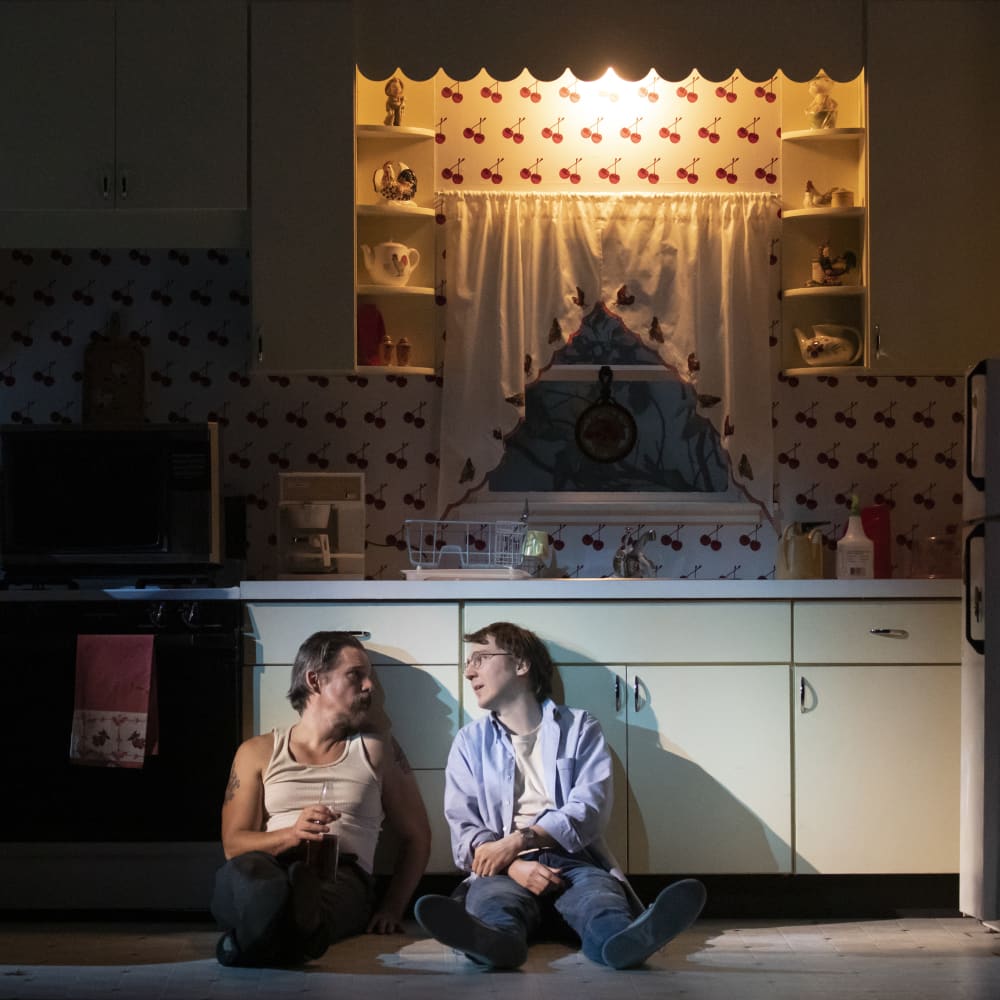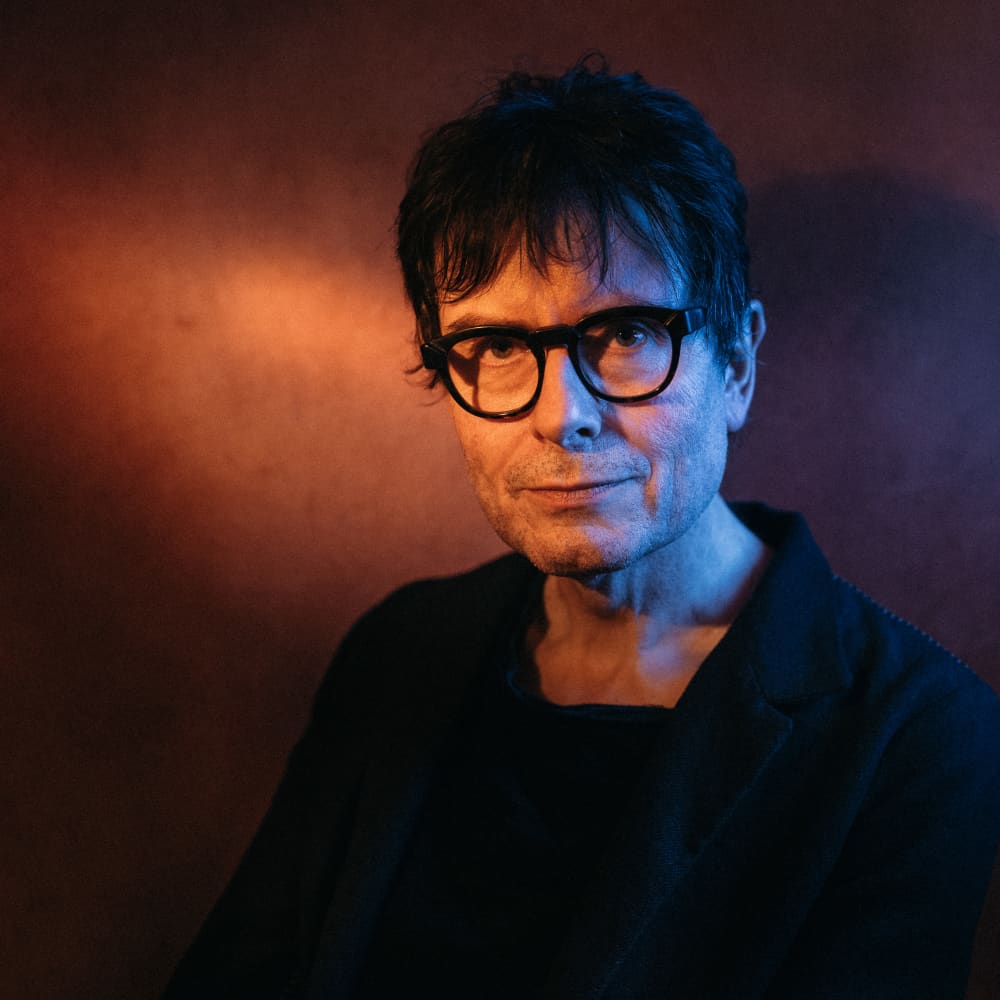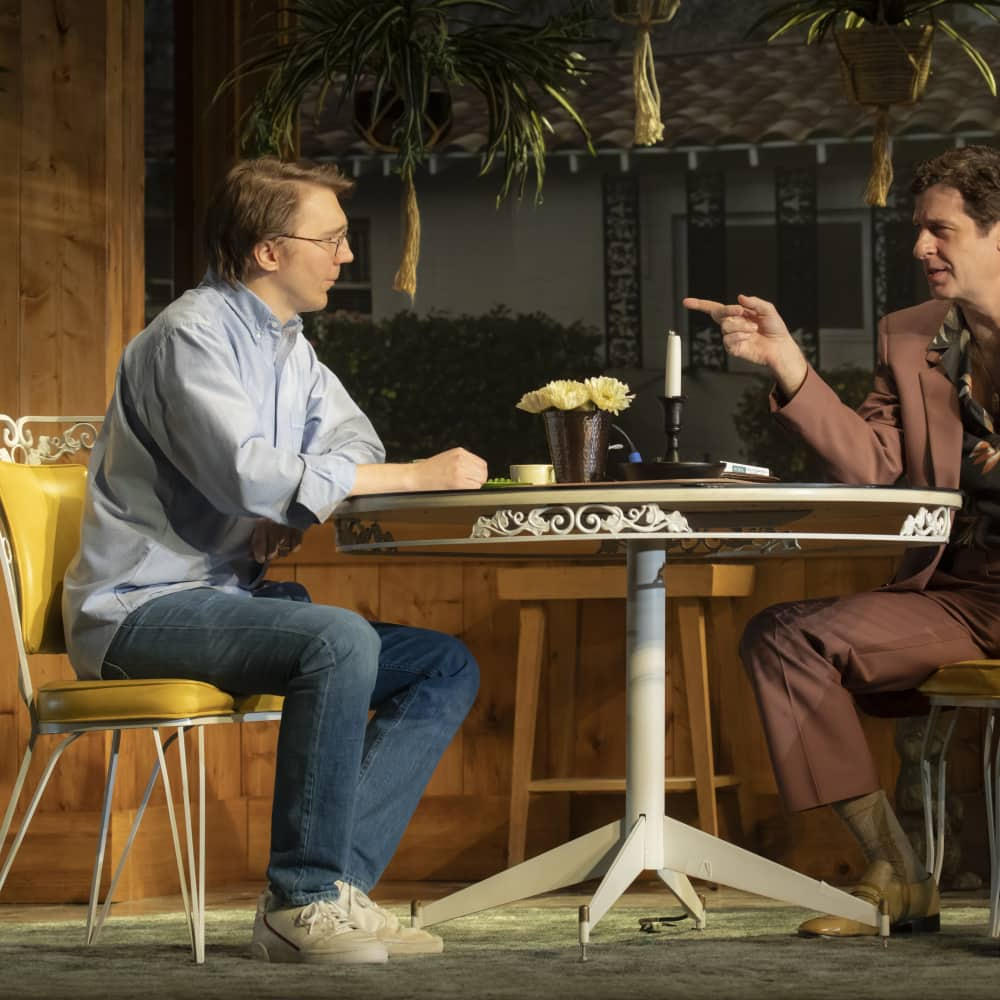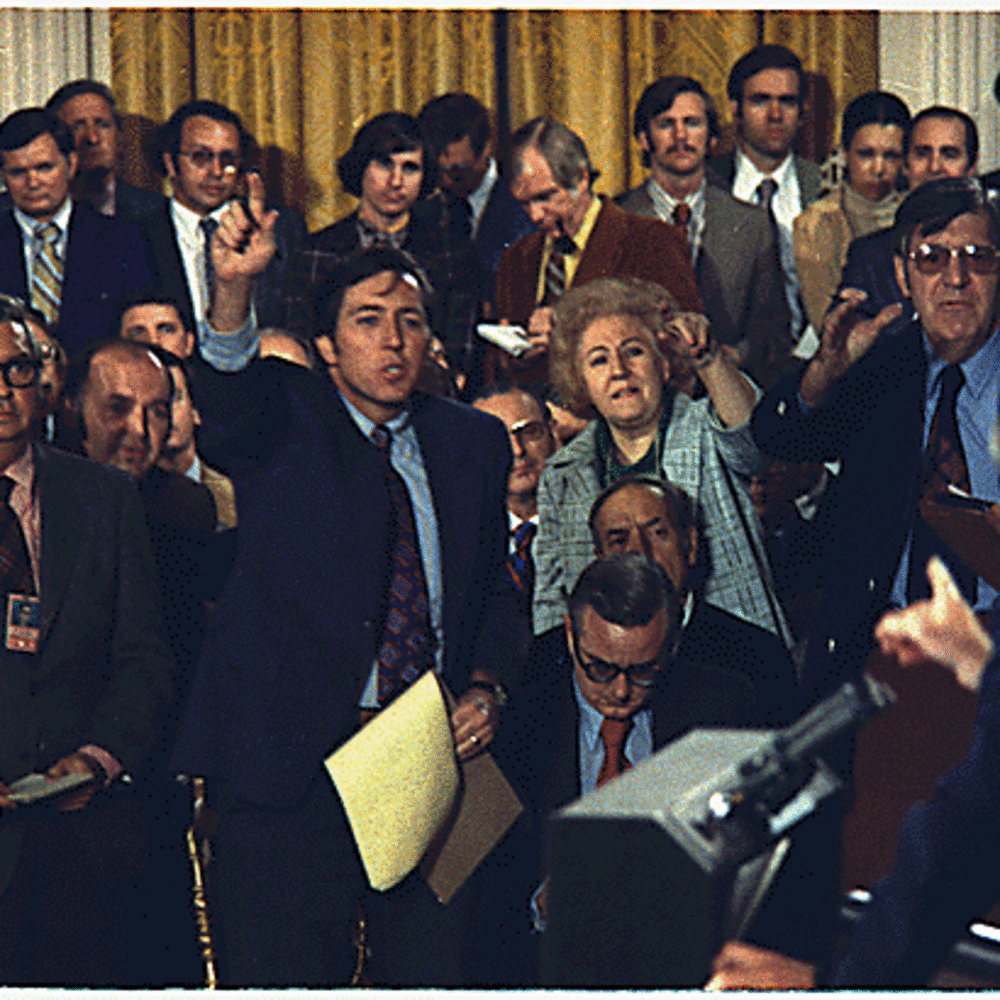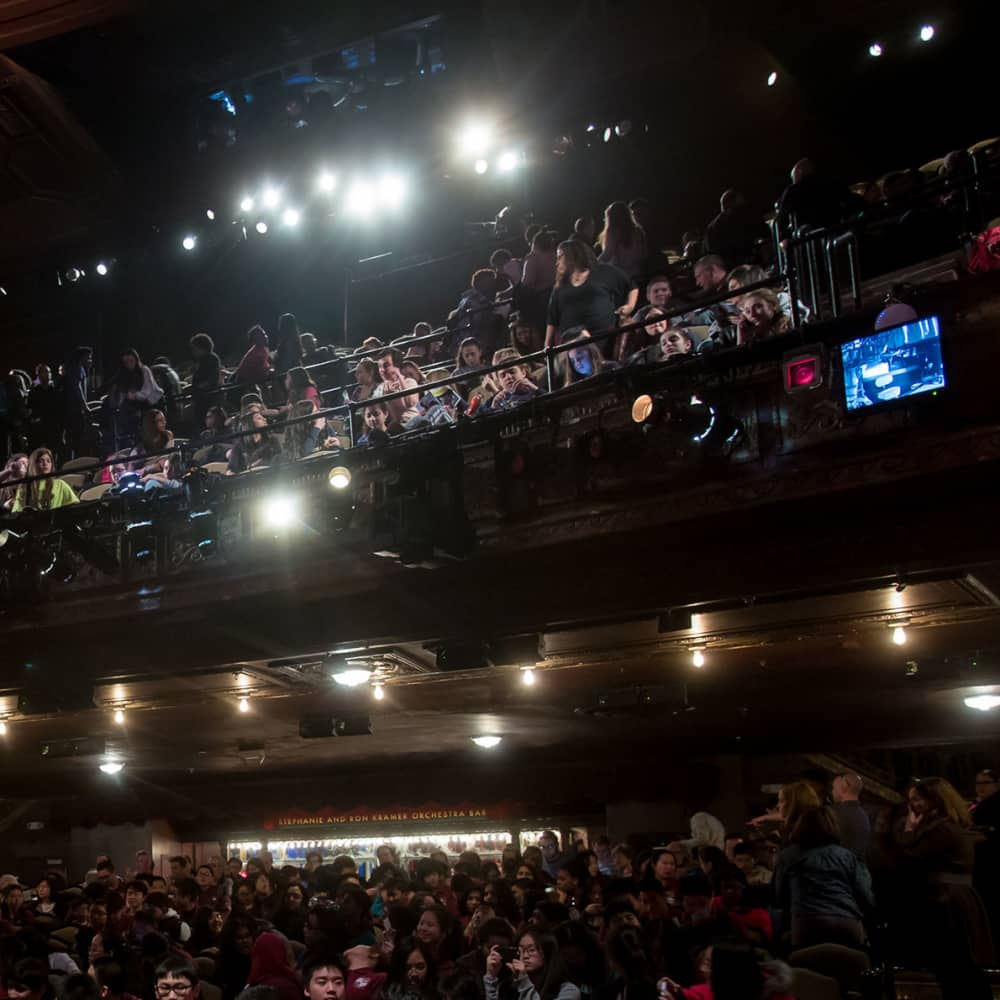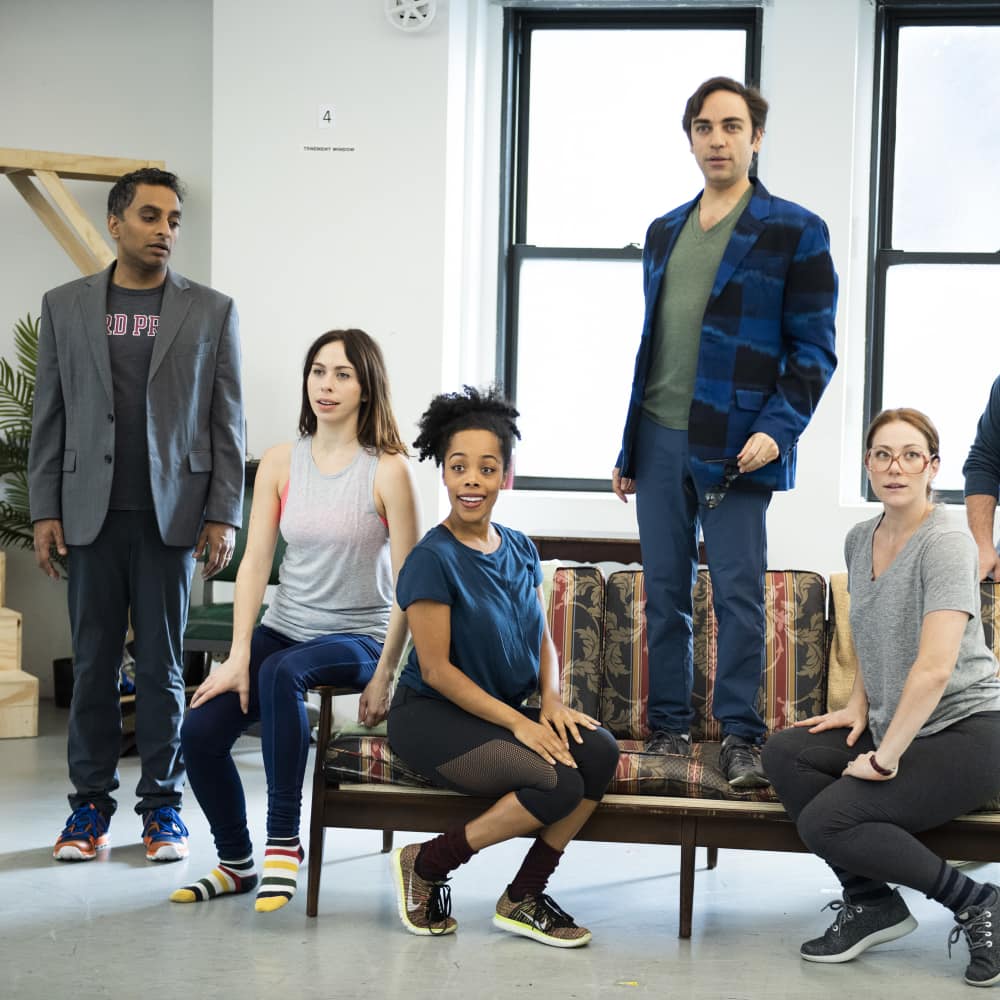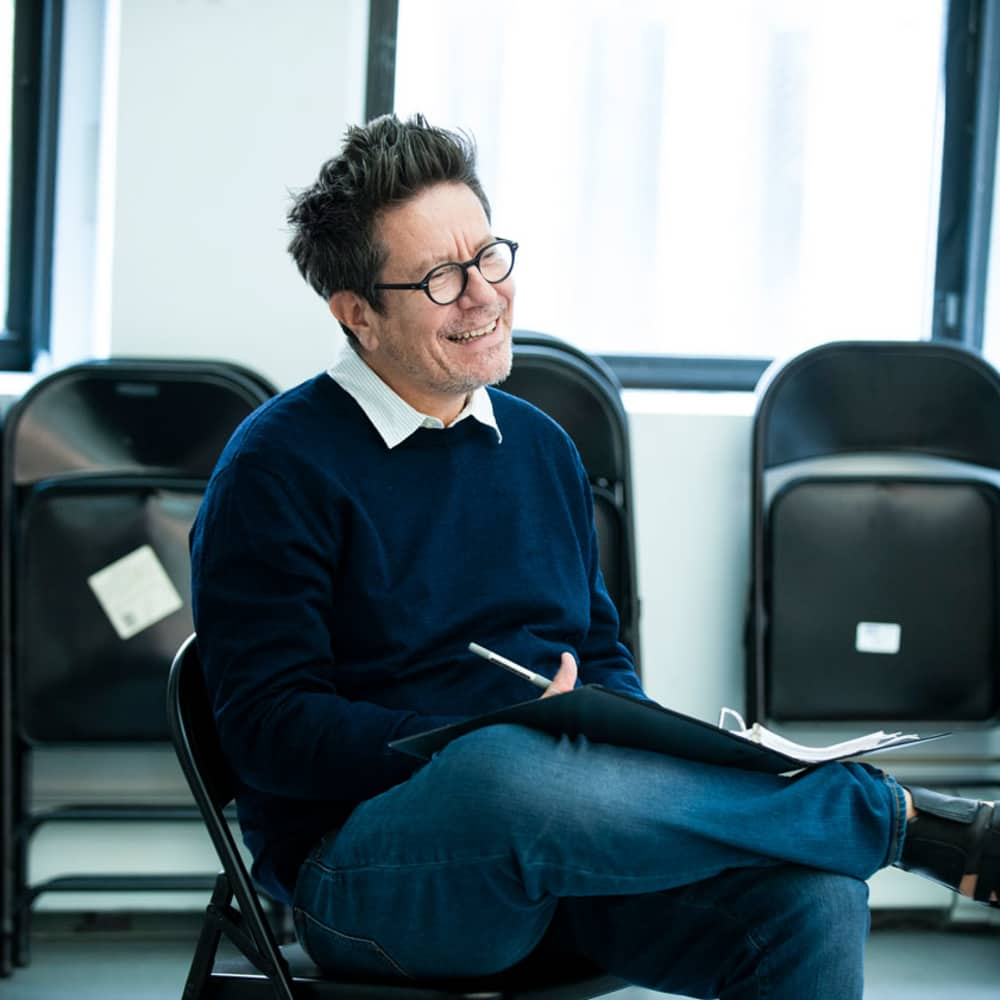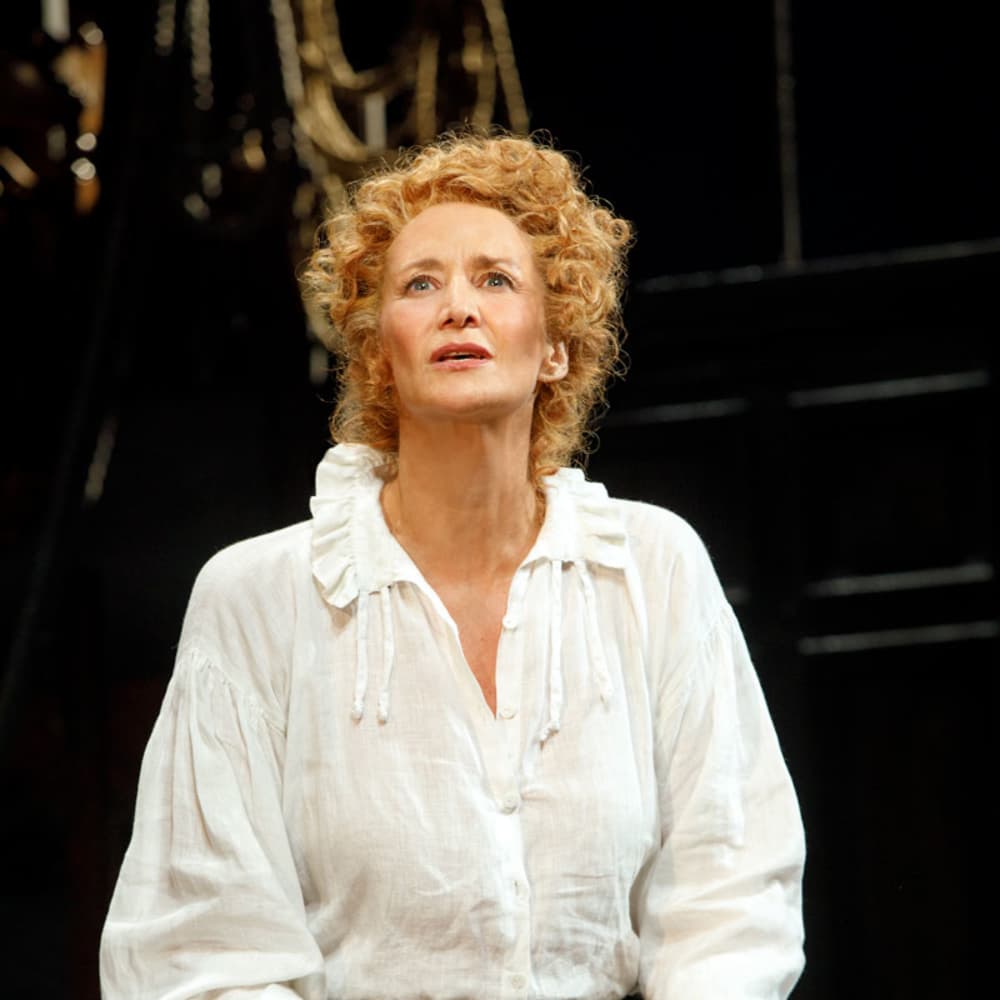Interview with Hampton Fluker
Posted on: May 20, 2019
Leia Squillace: Where were you born and educated? What made you decide to become an actor?
Hampton Fluker: I was raised in Atlanta, Georgia. I was really into sports, but then I did a play called Ragtime in high school and realized that I really enjoyed the stage more than I enjoyed the field. I wasn’t well-versed in theatre, but my high school director, Eric Brannen, who was a big influence in my life, told me to continue doing it. It wasn’t until I started applying to college that I realized that I didn’t want to do anything else besides act. Boston University was my dad’s alma mater, and so when I realized that BU had an acting program, I ended up going there.
Boston University taught me a lot about the craft of acting. It really opened up my whole world because I really didn’t know much. It was a humbling experience. My classmates, some of the best actors I’d ever seen, surrounded me, and I really got to learn, grow, and discover with them. It was a community of students with a passion to tell stories. Seeing their work inspired me to keep on exploring and growing, and it still does.
One of my favorite teachers at BU was Betsy Polatin. She taught me about Alexander Technique. She really taught me to breathe and be centered. That’s a gift. Truly. Betsy’s awesome! And Lydia Diamond, I never had the honor of being taught by her, but her support and guidance in school is something I am truly grateful for.
LS: Can you share some of your initial thoughts about George Deever? His first appearance is in the second act of the play. What does it mean for you as an actor to play a character who is spoken of before the audience sees him?
HF: I love it! It gives me more information as an actor. As an audience member I love when I hear about a character before I see them. It makes for a really explosive meeting, or at least a meeting that makes you question your preconceived notions of who someone is. When I think about George, I think about the concept of coming home. To go home is a push and pull. You have to be around the people that raised you, but sometimes you disagree with a lot of what you’ve become aware of through your years away from home. When he comes home, I feel there’s a softness and contradiction there. I think playing a character where there’s contradiction in that person’s heart is always the most interesting thing. George, to me, is a person who is coming home and he doesn’t know how to handle it. He’s trying to be strong, but I think he feels very weak because he knows a truth that no one else is admitting to, which puts him in a bind of truth-seeker but also truth-holder. I’m really excited and honored to be able to play him and to learn more about him throughout the process.
LS: Can you give us some insight into your process of finding George? What kind of research and preparation will you do?
HF: I always like to go into rehearsal semi off-book. So before rehearsal, I spend a lot of time with the script so I can feel free to explore. And then, honestly, I try to let it go and just play with the other actors once rehearsal starts. That’s why rehearsal is so fun for me. I get to really observe and learn and grow in rehearsal. So much can change and that’s exciting.
LS: What does Arthur Miller’s work mean to you?
HF: Miller is one of the greatest playwrights ever and one of the first playwrights I came across in high school before I knew that I wanted to be an actor. His work always struck me as extremely honest and filled with subtext. Miller allows for deep exploration of what it means to be human and there is a lot of fun in that. In my opinion, his work pushes an actor not to “act.” As a student of acting, that’s always my goal. All My Sons was the first play of his that I read, and it’s truly unbelievable, in a beautiful way, that I get to be a part of telling this story. It’s kinda strange how things work out.
LS: How does producing a play that was written in 1947 by a white American playwright continue to speak to us today, and to you individually as an actor of color, in 2019?
HF: Well, why do we still do Shakespeare? We do his work hundreds of years later because there is universality in the specificity of the characters and the stories that transcends race, gender, religion, or sexual orientation. The same is true, in my opinion, for some of Arthur Miller’s work. George Deever speaks to me because he is filled with contradictions, as am I, as are we all. That is a human connection that is precious and exciting to explore. My race, in my short career, has never and should never prevent that exploration. There’s a magic to that exploration. I love it. But, that being said, it is never easy to navigate personally or spiritually as an actor of color in a predominately white theatre tradition, including Broadway. Until there is more diversity in the American theatre canon, questions like these will have to be grappled with and continuously asked.
LS: What do you look for in a rehearsal process, and what makes for the best collaboration with your fellow actors, director, and production team?
HF: Honestly, if everyone is having fun and exploring and trying new things for the sake of the story. This is my first time doing Broadway, and I’m so excited to learn everything! Just being in that rehearsal room and listening to the other actors and playing off of one another will be a great experience. There is so much I don’t know, and I’m looking forward to all the lessons I’ll take away from this production.
LS: How does working on this play differ from working on a new play where the playwright is still alive and in the room?
HF: I’ve worked on plays where the playwright is in the room, and it’s wonderful to get to collaborate on a piece and bring that person’s ideas to reality. It’s a great example of giving and receiving. Collaboration is one of the reasons I knew I wanted to be an actor. The feeling of creating something together in a safe space always attracted me to theatre. All My Sons is no different when I really think about it. Arthur Miller, unfortunately, is no longer with us, so we have to trust that what’s on the page is what he meant and try to honor that as best we can and collaborate in spirit.
LS: How do you keep yourself inspired as an artist?
HF: I try every day to take pause. I try and really just pay attention to everyday things and find a lot of new hobbies. I cook, run, play with my dog, and really try to keep it simple and easy because there’s a lot of art in that for me. Basically, I really try to stay present everyday so I can really appreciate every moment. That has been a new practice I’ve been focusing on, and it makes a huge difference and it keeps me inspired in art and in other areas of my life. Also, my friends and loved ones who succeed in the expression of their art and their path, that’s maybe the most inspiring thing for me ever. At the end of the day, art to me revolves around community and finding joy in other people. Their stories, their narratives, and their expressions of it…to be included in my friends’ and loved ones’ stories is inspiring to be a part of. I think that’s art, and for me that’s where my need to be an actor comes from.
LS: What advice do you have for students who are interested in pursuing a career in acting?
HF: Listen to people when they say it’s hard, but don’t obsess over that. Anything that you really want to do is going to be hard. You’ll know if you can do anything else, so if all you can think of is being on stage, or directing, or being around it, then that’s what you should do. And breathe! And listen! And laugh at yourself when you’re not perfect.


